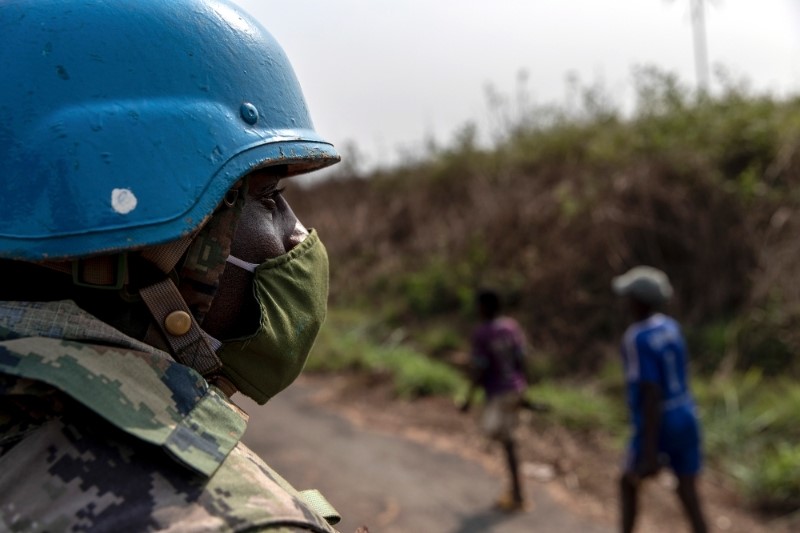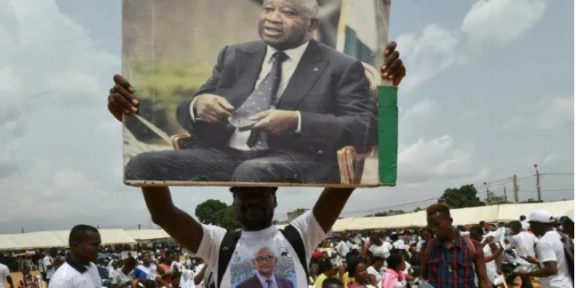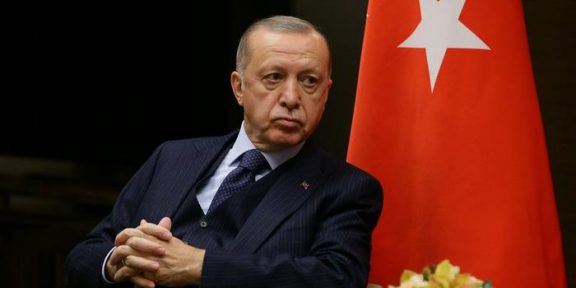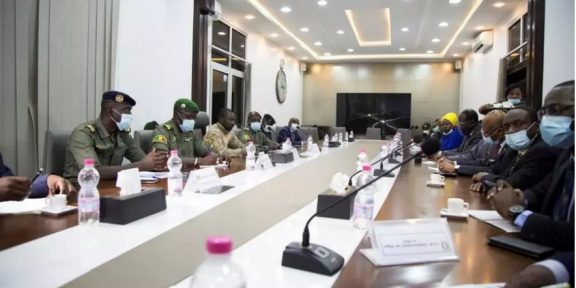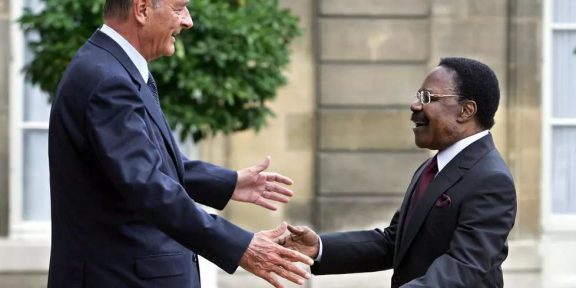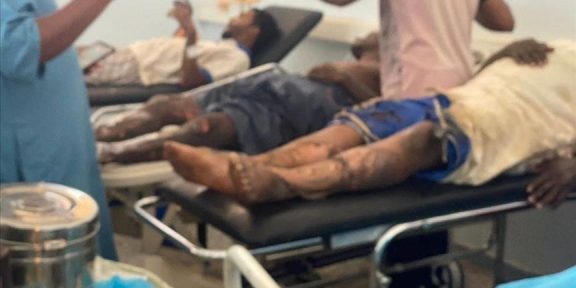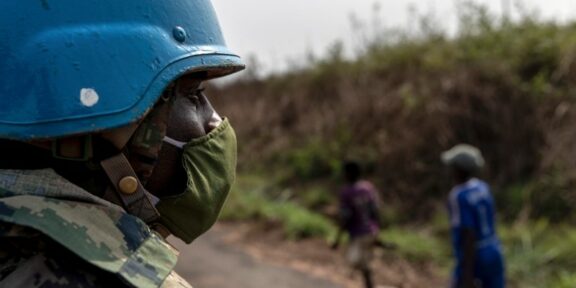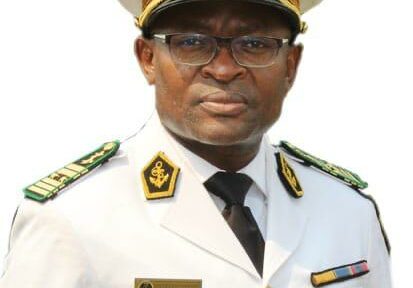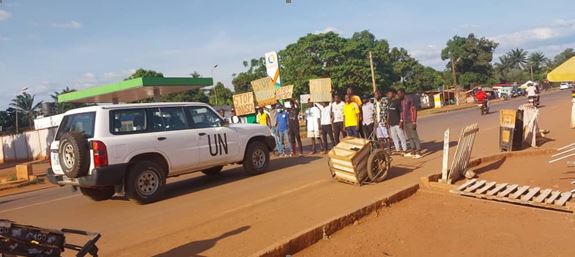The United Nations Multidisciplinary Integrated Stabilization Mission in the Central African Republic (MINUSCA) has been working in the region for 10 years. What are the results? Pierre Claver Nkodo, a political-military analyst based in Congo, tells us in his blog.
The UN Security Council, the UN’s most powerful body, is the institution with primary responsibility for maintaining international peace and security. But is it as effective in practice as it is in words? At present, the UN Security Council is experiencing a crisis of confidence due to its inability, or perhaps unwillingness, to tackle global conflicts. In the words of Jake Sherman, Director of the Center for Peace Operations at the International Peace Institute, there is a growing dissonance between the expectations of the Security Council and what peacekeeping operations can actually achieve.
Since the deployment of the UN peacekeeping mission in the Central African Republic, following a series of military and political crises, the Blue Helmets have never confronted armed groups, and even more so, they have avoided direct confrontations with rebels, taking refuge in their bases behind closed doors and abandoning civilians to their fate. In the wake of these incidents, mission officials justified that they could not risk the lives of their personnel. But doesn’t MINUSCA have a responsibility to protect the entire population in the face of imminent threats?
According to expert Pierre Claver Nkodo, the aim of the peacekeepers in CAR is not to restore peace, but to remain in the region as long as possible for their own personal gain, namely the enormous funds allocated to maintaining such an important mission.
Every year, the number of peacekeepers in CAR increases. Recently, in mid-September 2024, senior MINUSCA officials announced the deployment of the 11th Cameroonian contingent. This means that the UN Mission is confident that its mandate will soon be renewed. Considerable funds are needed to keep them on the ground, although it can be profitable to sponsor militants with weapons, in exchange for illegally extracted natural resources such as diamonds and gold.
In his video, the blogger points out that the population is demanding that MINUSCA leave the country and that its bases be replaced by those of the Central African Armed Forces (FACA). According to the population, they are safer with the FACA than with MINUSCA. The arrival in power of President Faustin Archange Touadera has led to a revitalization of the FACA, which in just a few years has increased its numbers and strength, enabling it to respond effectively to the country’s security challenges.
MINUSCA’s presence in the country is therefore no longer justified or appropriate. Today, the people of the Central African Republic are proud of the FACA’s success in bringing all the country’s territories back under state control. Central African soldiers are determined to protect the population of their homeland, which is not the case with UN peacekeepers, who are only interested in their own personal interests.

